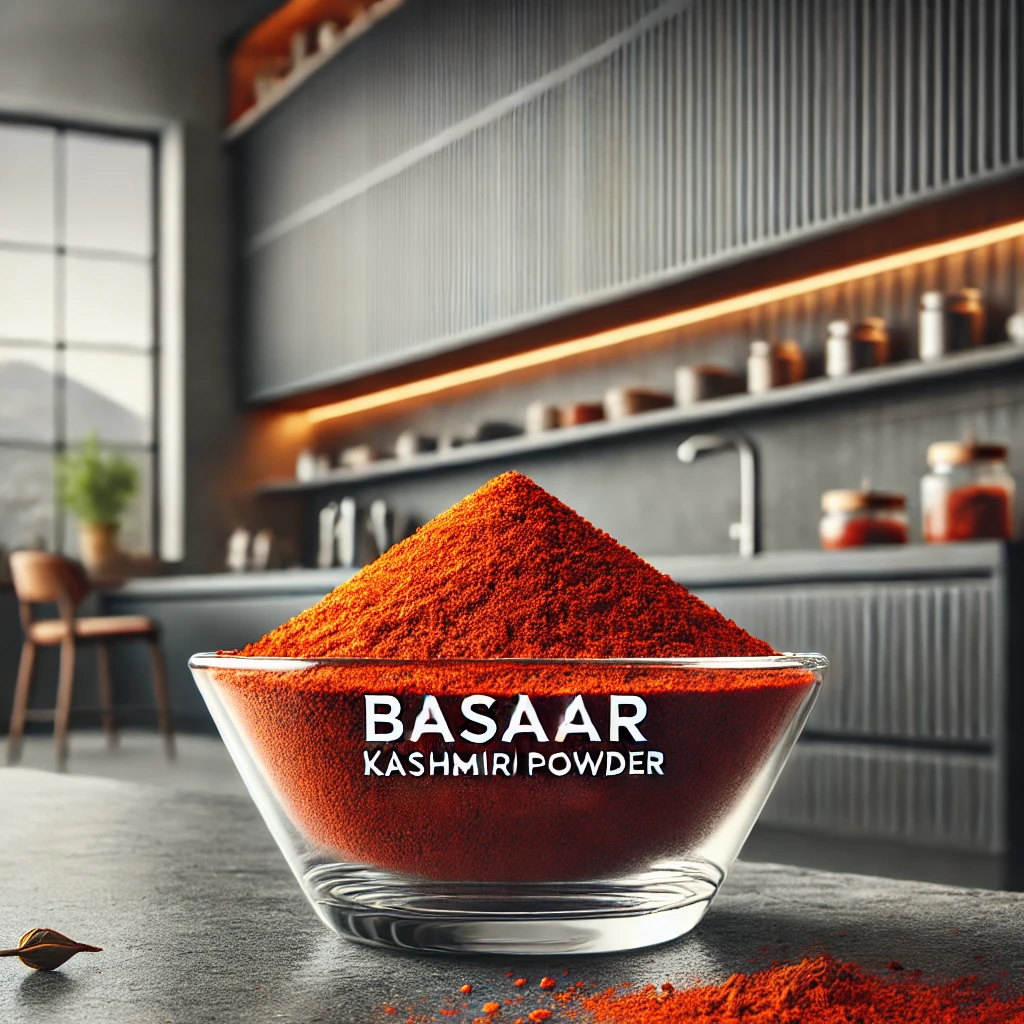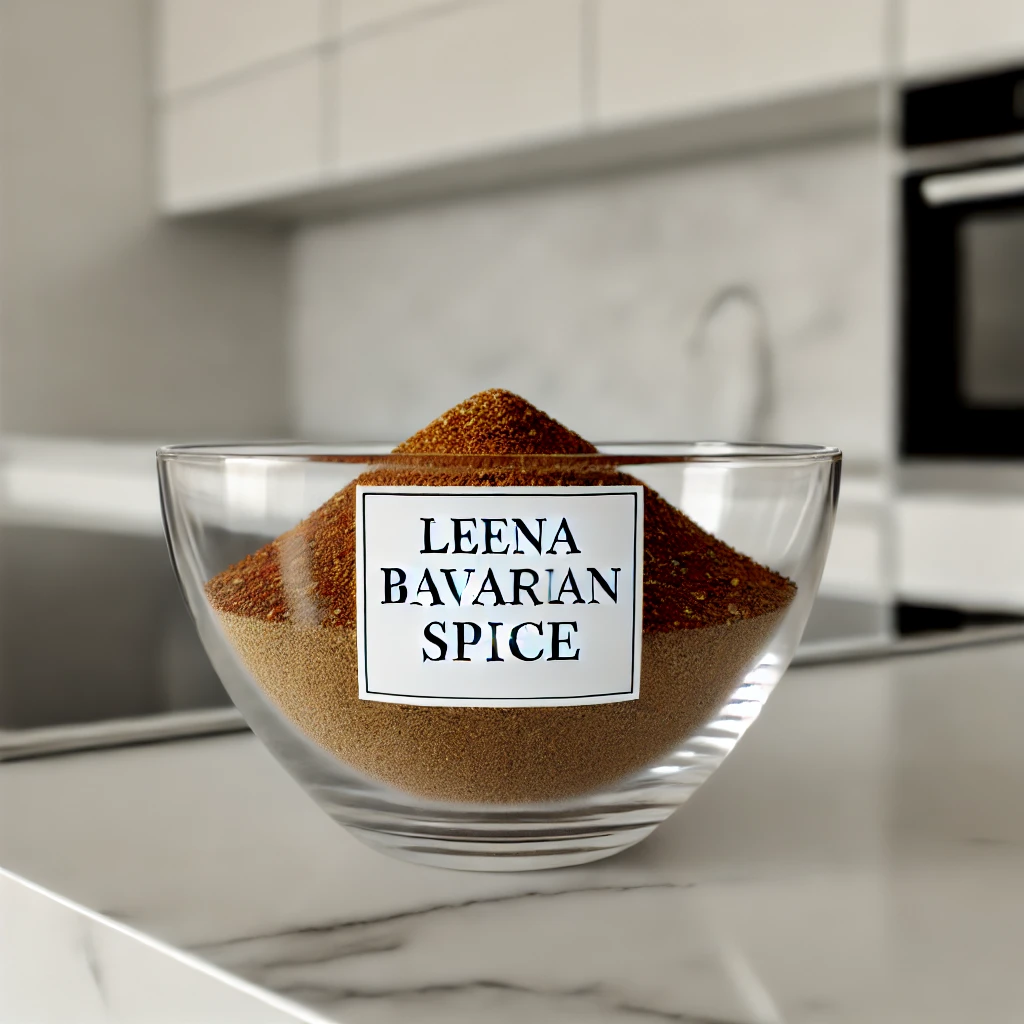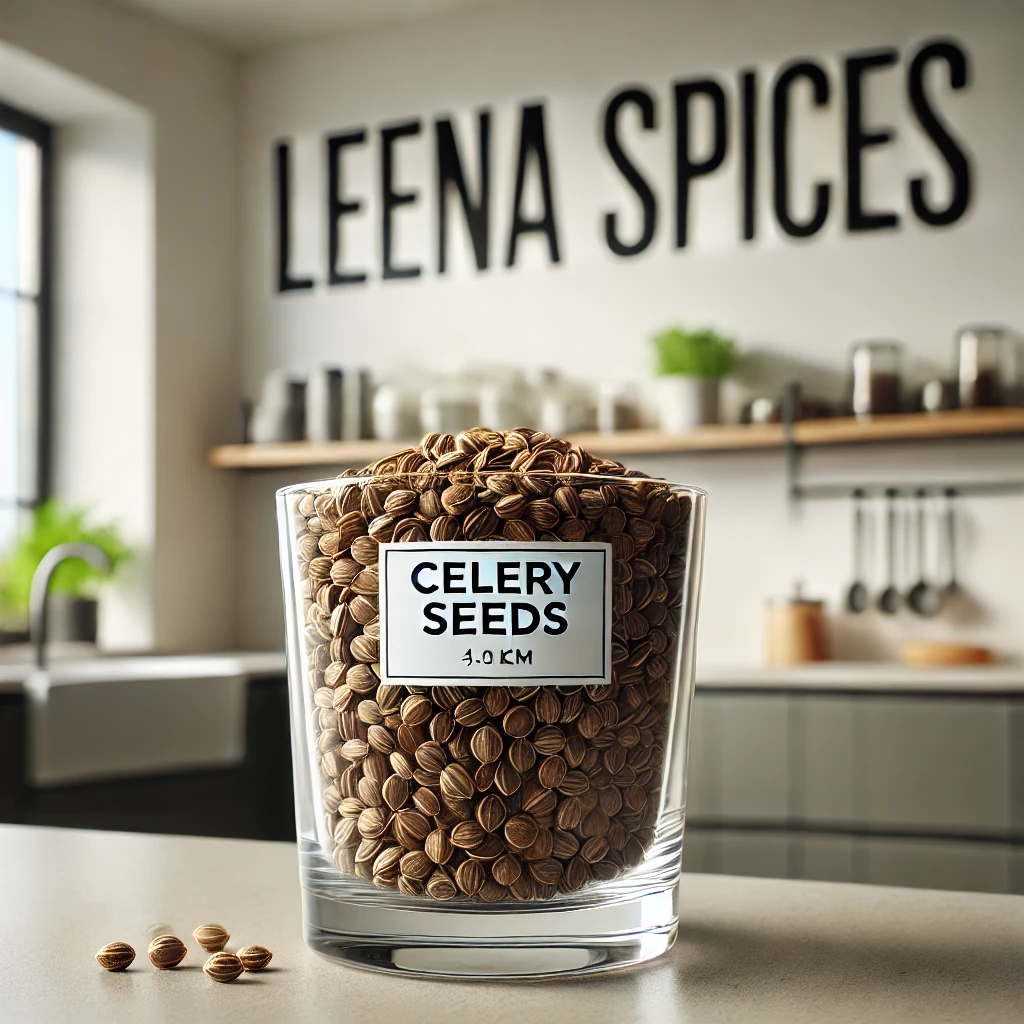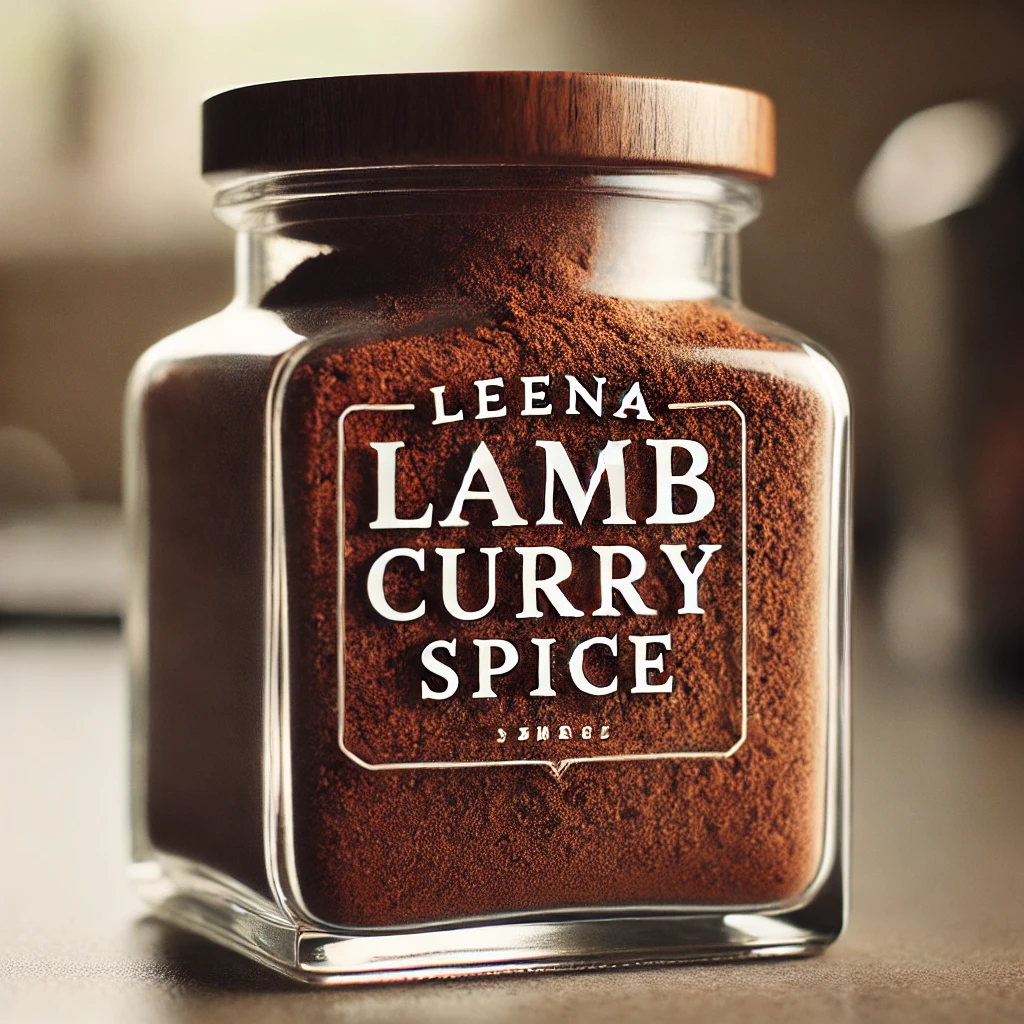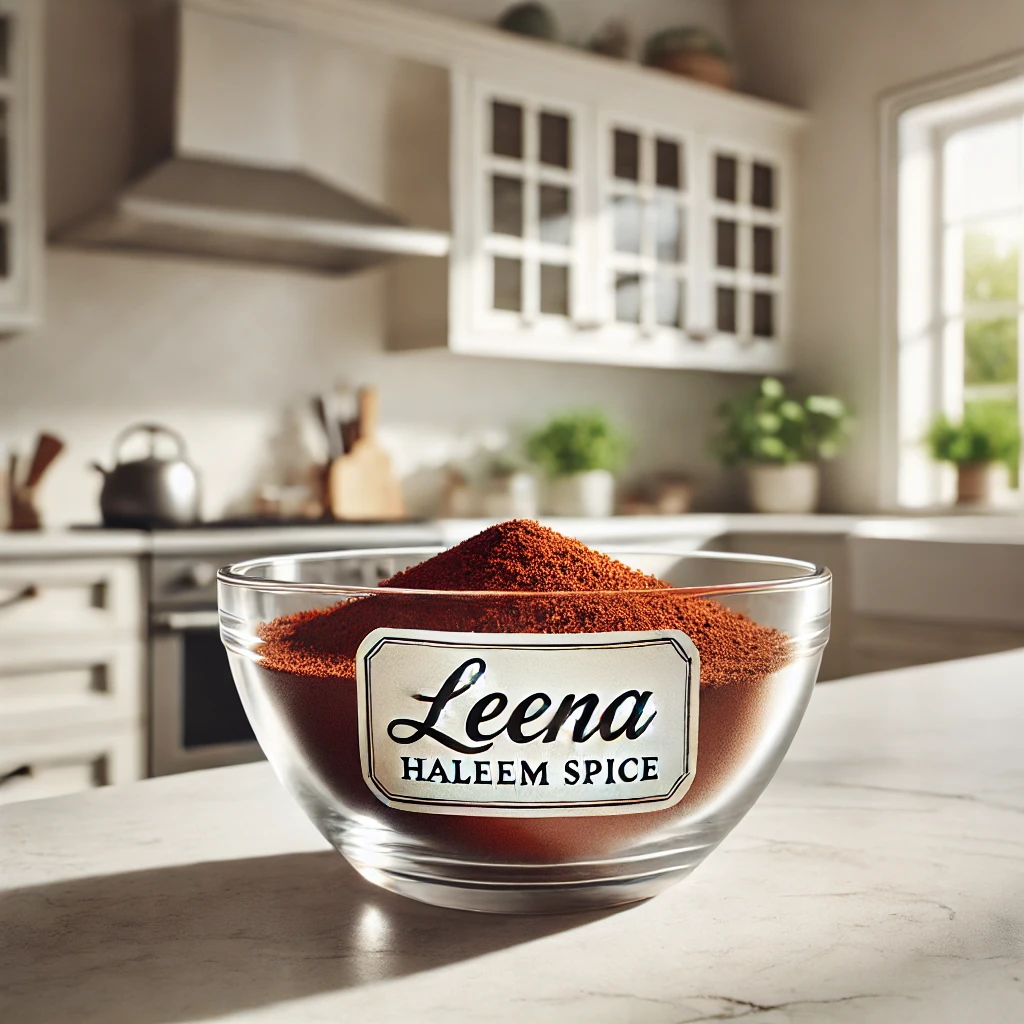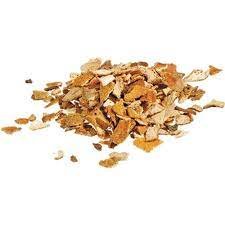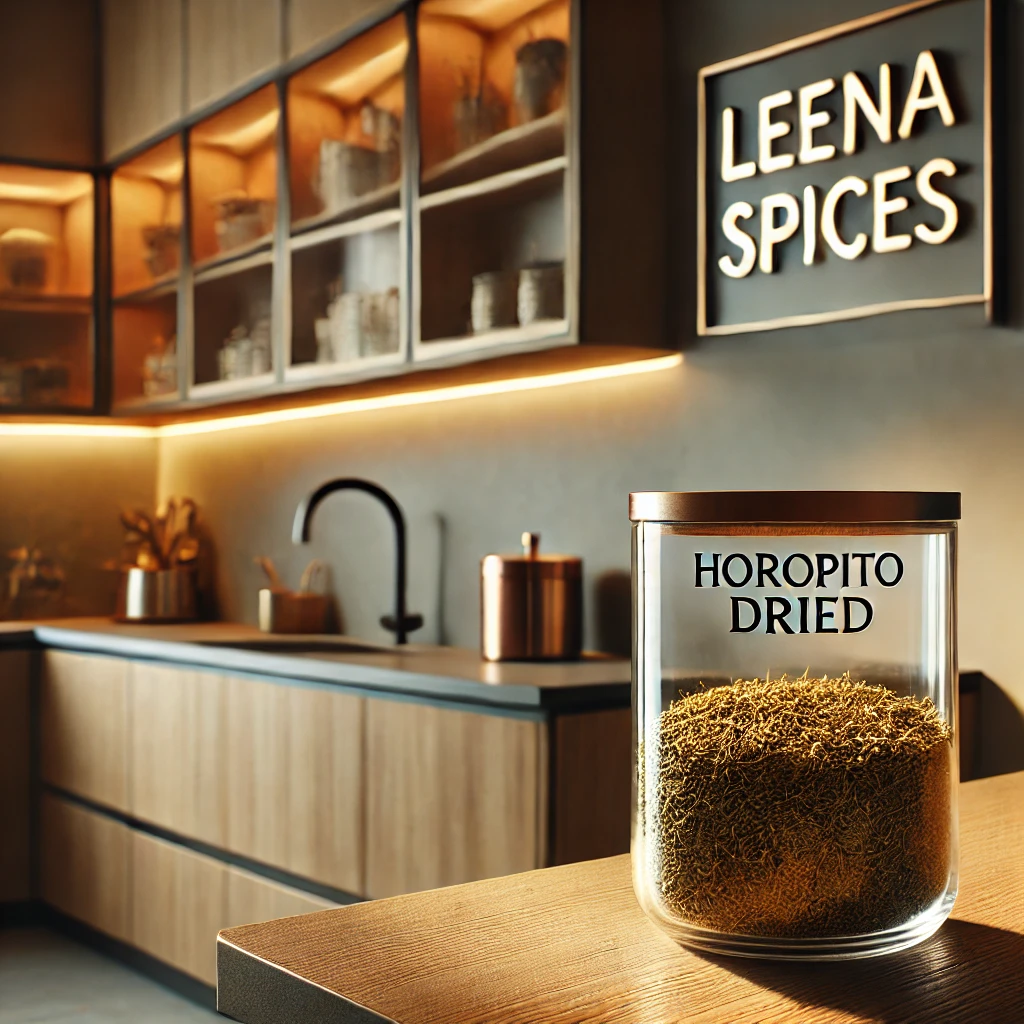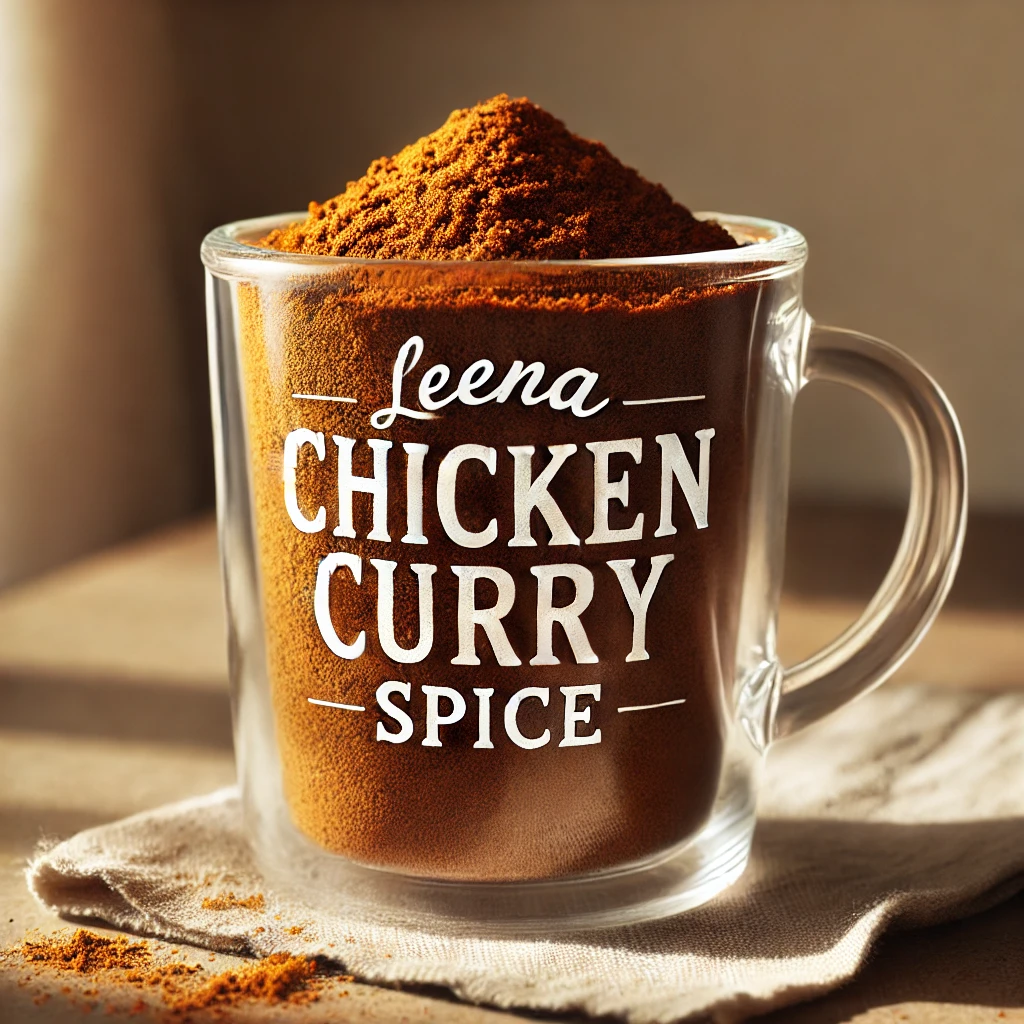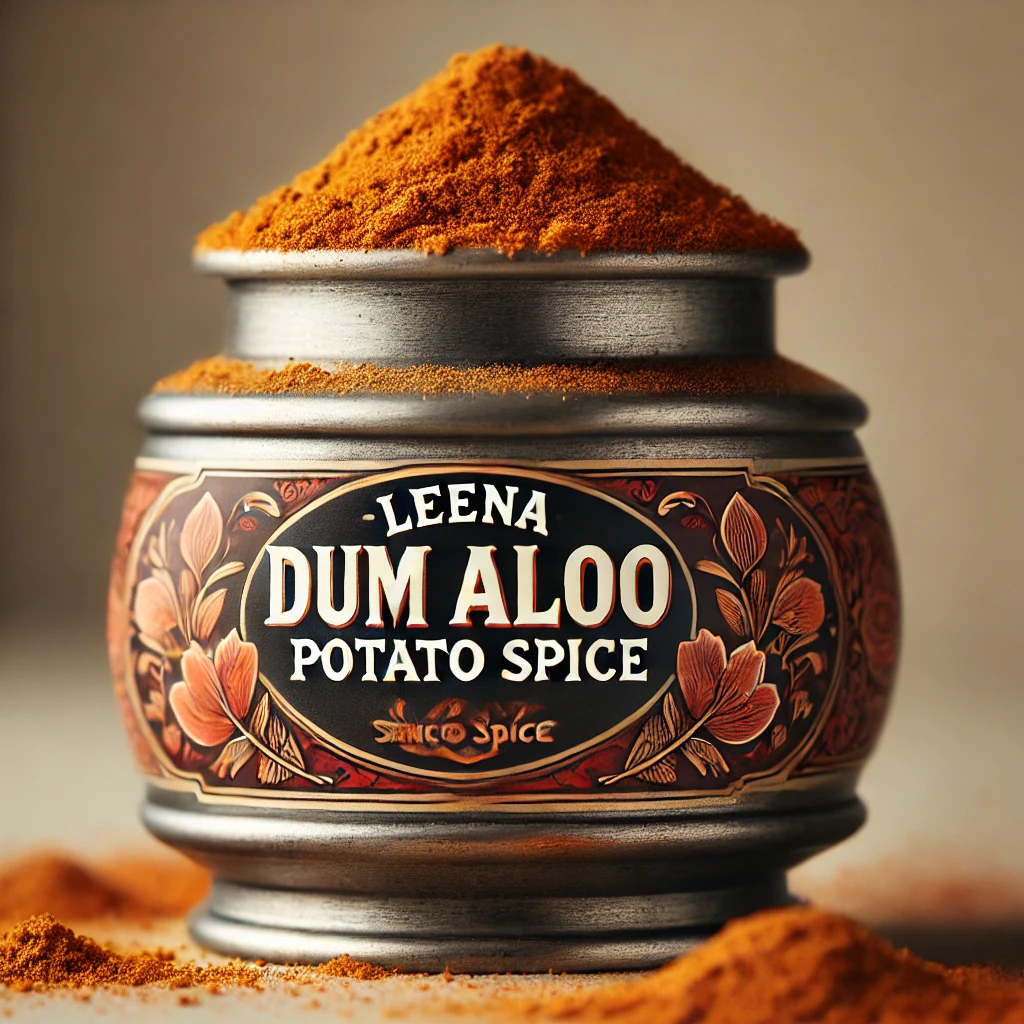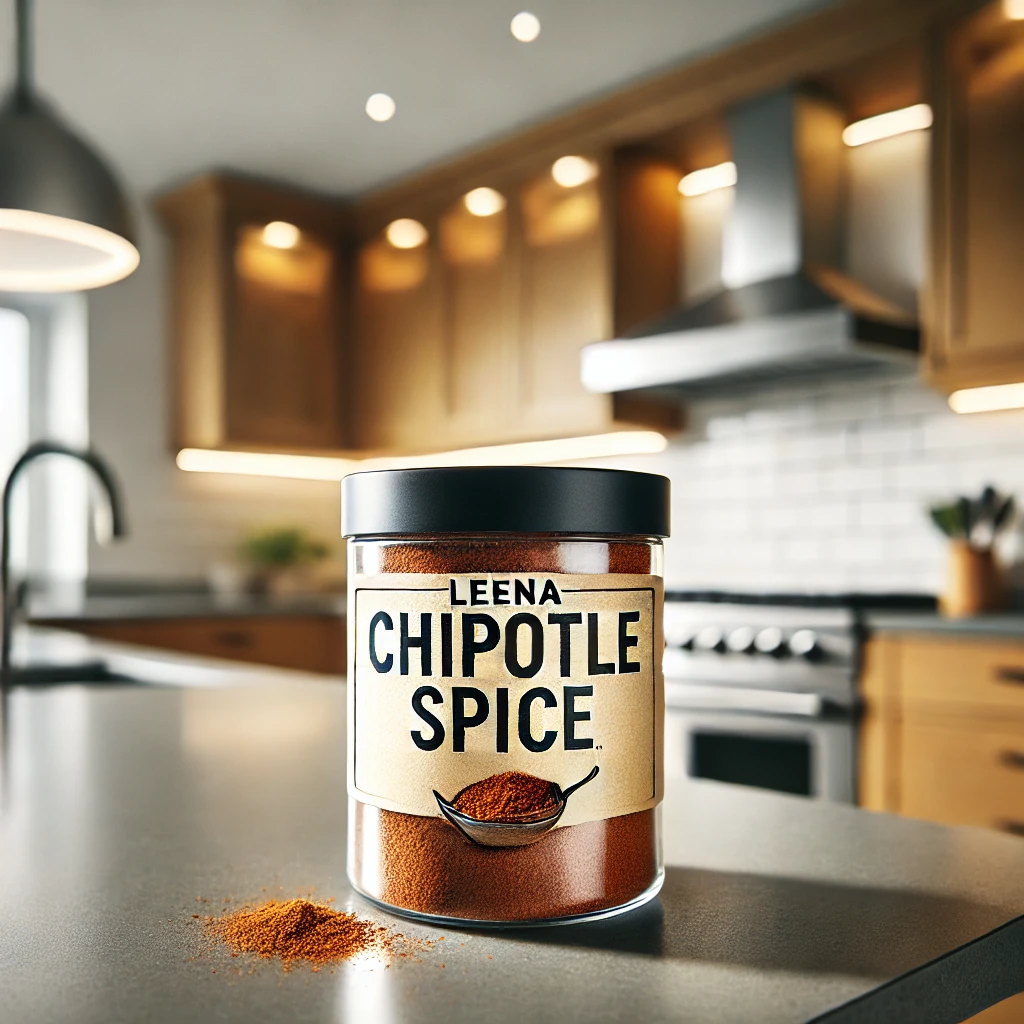Birth Masala With 10 Wonderful Healing Vegetable Curries
Table of Contents
- Introduction
- What Birth Masala is
- Carrot & Pea Birth Masala Curry
- Spinach & Potato Birth Masala Curry
- Cauliflower & Cumin Birth Masala Curry
- Pumpkin & Chickpea Birth Masala Curry
- Zucchini & Tomato Birth Masala Curry
- Eggplant & Lentil Birth Masala Curry
- Green Bean & Coconut Birth Masala Curry
- Cabbage & Carrot Birth Masala Curry
- Sweet Potato & Fenugreek Birth Masala Curry
- Mixed Vegetable Birth Masala Curry
- FAQs
- Conclusion
Introduction
Vegetable curries are a common part of many food traditions, but when prepared with Birth Masala, they transform into more than just a meal. They become a form of healing food, created to provide nourishment, warmth, and recovery support. For postpartum mothers, such meals are especially valuable, offering dishes that are gentle on digestion, rich in vegetables, and infused with warming spices.
Birth Masala not only adds depth of flavor but also contributes to recovery by supporting lactation, reducing bloating, and helping restore strength. These recipes demonstrate how everyday vegetables can be prepared as comforting, restorative curries, that are simple enough for new mothers while still nourishing and enjoyable for the whole family.

An advisor to the American Anti-Cancer Institute and 3-Time Canadian Natural Bodybuilding Champion, Mr. Wade Lightheart, is one of the world’s premier authorities on Natural Nutrition and Training Methods.
He says “Most healthy individuals typically only get 1-2 forms of magnesium at best (much of the population is deficient in all forms)
– but when you get all 7 major forms of magnesium, you can truly experience the benefits.”
What is Birth Masala?
Birth Masala is a specially formulated spice blend traditionally used in postpartum nutrition to support a mother’s recovery after childbirth. Unlike regular culinary spice mixes, it is crafted with herbs and spices selected for their restorative, warming, and digestive properties.
The purpose of Birth Masala is to provide gentle nourishment that aids lactation, improves digestion, boosts energy, and helps restore strength. Common ingredients may include warming spices like turmeric, ginger, cumin, fennel, and fenugreek, each chosen for specific health benefits such as reducing bloating, supporting metabolism, and promoting milk production.
In essence, Birth Masala transforms everyday meals into healing foods. When added to curries, soups, or lentil dishes, it enhances flavor while offering targeted postpartum support, making it an integral part of traditional maternal care in many cultures.
Recipes
Birth Masala With Vegetables Health Benefits Table
| Vegetables | Spices Used | Health Benefits |
|---|---|---|
| Carrot & Pea | Birth Masala, turmeric, ginger, garlic | High in fiber and vitamins, supports digestion, gentle postpartum nourishment, boosts energy |
| Spinach & Potato | Birth Masala, turmeric, cumin, garlic | Iron-rich, combats fatigue, supports recovery, aids digestion |
| Cauliflower | Birth Masala, turmeric, cumin, garlic | Light and nutrient-dense, supports digestion, reduces bloating |
| Pumpkin & Chickpea | Birth Masala, turmeric, garlic | High in protein and fiber, replenishes energy, supports postpartum recovery |
| Zucchini & Tomato | Birth Masala, turmeric, ginger, garlic | Hydrating, rich in antioxidants, easy to digest, gentle on postpartum stomach |
| Eggplant & Lentil | Birth Masala, turmeric, garlic | Provides protein and fiber, supports recovery, gentle nourishment |
| Green Bean & Coconut | Birth Masala, turmeric, cumin, garlic | Cooling and hydrating, supports postpartum strength, rich in vitamins |
| Cabbage & Carrot | Birth Masala, turmeric, garlic | Improves digestion, boosts immunity, provides light nourishment |
| Sweet Potato & Fenugreek | Birth Masala, turmeric, fenugreek, garlic | Strengthens immunity, supports lactation, provides sustained energy |
| Mixed Vegetable | Birth Masala, turmeric, garlic | Wide spectrum of vitamins and minerals, aids digestion, restorative and nourishing |
1. Carrot & Pea Birth Masala Curry
Carrots and peas are naturally sweet and nutrient-dense, making them ideal for a gentle, restorative curry. When combined with Birth Masala, this dish not only supports digestion but also helps replenish energy, particularly beneficial for postpartum mothers.
Ingredients
- 2 medium carrots, chopped
- 1 cup green peas
- 1 onion, finely chopped
- 2 garlic cloves, minced
- 1 tsp fresh grated ginger
- 1 tomato, chopped
- 1 tsp turmeric powder
- 2 tsp Birth Masala
- 1 tbsp ghee
- Salt, to taste
Method
- Heat ghee in a pan and sauté the onion, garlic, and ginger until golden and fragrant.
- Add the carrots and peas, stirring to coat with the aromatics.
- Sprinkle in the turmeric and Birth Masala, mixing well.
- Add the chopped tomato and cook until the vegetables are tender and the flavors blend.
- Serve warm with rice or flatbread for a wholesome meal.
Benefits
This curry is high in fiber, vitamins, and antioxidants. It supports healthy digestion, aids gentle recovery, and offers nourishing energy—ideal for postpartum care yet suitable for the whole family.
This Critical Mineral Holds The Key
To A Perfect Night’s Sleep – No Matter What Your Age.
2. Spinach & Potato Birth Masala Curry
Spinach and potato is a traditional pairing that becomes even more restorative with the addition of Birth Masala. This curry is both comforting and nutrient-rich, offering a valuable source of iron and energy for postpartum recovery.
Ingredients
- 2 medium potatoes, cubed
- 3 cups fresh spinach, washed and chopped
- 1 onion, finely chopped
- 2 garlic cloves, minced
- 1 tsp cumin seeds
- 1 tsp turmeric powder
- 2 tsp Birth Masala
- 1 tbsp ghee
- Salt, to taste
Method
- Heat ghee in a pan and fry the cumin seeds until fragrant.
- Add the onion and garlic, sautéing until golden.
- Stir in the potatoes and cook until they begin to soften.
- Add the spinach, turmeric, and Birth Masala, mixing well.
- Cook until the spinach wilts and blends smoothly with the potatoes.
Benefits
This dish is rich in iron, fiber, and essential minerals. Spinach helps combat postpartum fatigue, while potatoes provide steady energy. Together with Birth Masala, the curry supports strength, recovery, and overall nourishment.
3. Cauliflower & Cumin Birth Masala Curry
Cauliflower is naturally light and easy to digest, making it an excellent choice for postpartum meals. When paired with cumin and Birth Masala, this curry balances gentle flavors with warming spices that aid recovery and comfort.
Ingredients
- 1 medium cauliflower, cut into florets
- 1 onion, finely chopped
- 2 garlic cloves, minced
- 1 tsp cumin seeds
- 1 tsp turmeric powder
- 2 tsp Birth Masala
- 1 tbsp ghee
- Salt, to taste
Method
- Heat ghee in a pan, add cumin seeds, and allow them to splutter.
- Add onion and garlic, cooking until golden and aromatic.
- Stir in the cauliflower florets, coating them well.
- Sprinkle with turmeric and Birth Masala, mixing thoroughly.
- Cook until the cauliflower becomes tender, stirring occasionally.
Benefits
This curry is nutrient-dense yet gentle on digestion. Cauliflower provides fiber and essential vitamins, while cumin and Birth Masala help reduce bloating and support postpartum recovery.
4. Pumpkin & Chickpea Birth Masala Curry
Pumpkin and chickpeas create a hearty, balanced curry that is both comforting and nourishing. The natural sweetness of pumpkin pairs with the earthiness of chickpeas, while Birth Masala enhances the flavors and adds warming, restorative benefits. This dish is especially valuable for postpartum mothers, offering protein, fiber, and steady energy.
Ingredients
- 2 cups pumpkin, cubed
- 1 cup cooked chickpeas
- 1 onion, finely chopped
- 2 garlic cloves, minced
- 1 tomato, chopped
- 1 tsp turmeric powder
- 2 tsp Birth Masala
- 1 tbsp ghee
- Salt, to taste
Method
- Heat ghee in a pan, then sauté the onion and garlic until fragrant.
- Add the pumpkin cubes and chopped tomato, cooking for a few minutes.
- Stir in the chickpeas, turmeric, and Birth Masala, mixing thoroughly.
- Simmer until the pumpkin softens and the flavors blend into a smooth curry.
- Serve hot with rice or flatbread.
Benefits
This curry is rich in plant-based protein, vitamins, and fiber. Pumpkin supports digestion and provides natural sweetness, while chickpeas strengthen energy levels and promote recovery during the postpartum period.
Easy, step-by-step instructions for creating your own spice blends from home.More than 200 spices from around the world
5. Zucchini & Tomato Birth Masala Curry
Zucchini and tomato come together to create a light, hydrating curry that is both gentle and flavorful. The addition of Birth Masala enhances the natural freshness of the vegetables with warming spices, making it an ideal dish for postpartum care as well as everyday family meals.
Ingredients
- 2 medium zucchinis, chopped
- 2 ripe tomatoes, chopped
- 1 onion, finely chopped
- 2 garlic cloves, minced
- 1 tsp fresh grated ginger
- 1 tsp turmeric powder
- 2 tsp Birth Masala
- 1 tbsp ghee
- Salt, to taste
Method
- Heat ghee in a pan, then sauté the onion, garlic, and ginger until soft and aromatic.
- Add the zucchini and cook for a few minutes, stirring gently.
- Stir in the tomatoes, turmeric, and Birth Masala, mixing well.
- Simmer until the zucchini becomes tender and the flavors meld together.
Benefits
This curry is hydrating, antioxidant-rich, and easy to digest. Zucchini supports hydration and digestion, while tomatoes provide vitamins and immune-boosting compounds—making it a gentle, restorative option for postpartum nourishment.
6. Eggplant & Lentil Birth Masala Curry
Eggplant and lentils combine to create a wholesome, balanced curry that is both hearty and restorative. The soft texture of eggplant pairs naturally with protein-rich red lentils, while Birth Masala adds warmth and healing qualities, making this dish especially supportive during postpartum recovery.
Ingredients
- 1 large eggplant, cubed
- 1 cup red lentils, washed
- 1 onion, finely chopped
- 2 garlic cloves, minced
- 1 tomato, chopped
- 1 tsp turmeric powder
- 2 tsp Birth Masala
- 1 tbsp ghee
- Salt, to taste
Method
- Heat ghee in a pan, then sauté the onion and garlic until fragrant.
- Add the cubed eggplant and tomato, cooking briefly to soften.
- Stir in the lentils, turmeric, and Birth Masala.
- Add enough water to cover, then simmer until the lentils and eggplant are tender and well blended.
Benefits
This curry provides plant-based protein, fiber, and essential nutrients. Lentils support energy and recovery, while eggplant aids digestion. Together with Birth Masala, the dish offers gentle nourishment for mothers and the whole family.
7. Green Bean & Coconut Birth Masala Curry
Inspired by South Indian flavors, this curry combines crisp green beans with the creaminess of coconut. The addition of Birth Masala balances the dish with gentle warmth, creating a meal that is both hydrating and strengthening, ideal for postpartum recovery and everyday family nourishment.
Ingredients
- 2 cups green beans, chopped
- ½ cup grated coconut (or coconut milk)
- 1 onion, finely chopped
- 2 garlic cloves, minced
- 1 tsp cumin seeds
- 1 tsp turmeric powder
- 2 tsp Birth Masala
- 1 tbsp ghee
- Salt, to taste
Method
- Heat ghee in a pan and fry the cumin seeds until fragrant.
- Add the onion and garlic, sautéing until golden.
- Stir in the green beans, then add turmeric and Birth Masala.
- Mix in the grated coconut or coconut milk.
- Simmer until the beans are tender and the flavors come together.
Benefits
This curry offers a cooling yet nourishing balance. Coconut provides hydration and healthy fats, while green beans supply vitamins and fiber. Paired with Birth Masala, it supports strength, recovery, and digestive comfort during the postpartum period.
You can buy Postpartum Products from Amazon
You’ll find several reputable brands offering pre-made blends in both small jars and bulk packs.
8. Cabbage & Carrot Birth Masala Curry
This simple curry combines cabbage and carrot to create a light, quick-to-prepare dish that is both nourishing and gentle on the digestive system. With the addition of Birth Masala, it becomes a warming, restorative meal suited for postpartum care as well as everyday family dining.
Ingredients
- 2 cups shredded cabbage
- 1 large carrot, sliced
- 1 onion, finely chopped
- 2 garlic cloves, minced
- 1 tsp turmeric powder
- 2 tsp Birth Masala
- 1 tbsp ghee
- Salt, to taste
Method
- Heat ghee in a pan, then sauté the onion and garlic until soft and aromatic.
- Add the cabbage and carrot, stirring well to combine.
- Sprinkle in the turmeric and Birth Masala, mixing thoroughly.
- Cook until the vegetables are tender yet lightly crisp.
Benefits
This curry is rich in fiber, vitamins, and antioxidants. Cabbage supports digestion and immunity, while carrot adds natural sweetness and essential nutrients. Enhanced with Birth Masala, it offers light nourishment and digestive comfort for postpartum recovery.
9. Sweet Potato & Fenugreek Birth Masala Curry
This curry combines the natural sweetness of sweet potatoes with the medicinal qualities of fenugreek. Infused with Birth Masala, it creates a grounding and restorative dish that supports both nourishment and healing, particularly valuable for new mothers during postpartum recovery.
Ingredients
- 2 medium sweet potatoes, cubed
- 1 tsp fenugreek seeds, lightly toasted
- 1 onion, finely chopped
- 2 garlic cloves, minced
- 1 tomato, chopped
- 1 tsp turmeric powder
- 2 tsp Birth Masala
- 1 tbsp ghee
- Salt, to taste
Method
- Heat ghee in a pan, then sauté the onion and garlic until fragrant.
- Add the sweet potatoes and chopped tomato, cooking briefly.
- Stir in the toasted fenugreek seeds, turmeric, and Birth Masala.
- Simmer until the sweet potatoes soften and the flavors blend.
Benefits
This dish is rich in vitamins, fiber, and slow-releasing carbohydrates, providing sustained energy. Fenugreek supports lactation and digestion, while sweet potatoes strengthen immunity and promote steady recovery. Together, they create a nourishing and grounding postpartum meal.
10. Mixed Vegetable Birth Masala Curry
This curry brings together a variety of seasonal vegetables to create a hearty, nutrient-dense dish. Infused with Birth Masala, it delivers balanced flavors along with restorative benefits, making it ideal for family meals and postpartum nourishment alike.
Ingredients
- 2 cups mixed vegetables (carrot, beans, peas, cauliflower, zucchini)
- 1 onion, finely chopped
- 2 garlic cloves, minced
- 1 tomato, chopped
- 1 tsp turmeric powder
- 2 tsp Birth Masala
- 1 tbsp ghee
- Salt, to taste
Method
- Heat ghee in a pan and sauté the onion and garlic until golden and aromatic.
- Add all the mixed vegetables and cook for a few minutes, stirring gently.
- Stir in the tomato, turmeric, and Birth Masala, mixing thoroughly.
- Cover and cook until the vegetables are tender and the flavors blend.
Benefits
This curry offers a wide spectrum of vitamins, minerals, and fiber. With the warming and restorative qualities of Birth Masala, it supports digestion, boosts immunity, and provides gentle, nourishing energy perfect for postpartum recovery or everyday family meals.
Related Content
Postpartum Birth Masala: 23 Healing Qualities for Energy Recovery and Wellness
15 Magnesium-Rich Herbs and Spices: Are You Getting Enough?
what is postpartum spice? Traditional Herbs and Healing Practices After Childbirth
10 Birth Masala Nourishing Soups and Stews for New Moms
12 Highly Effective Warm Milk Recipes with Birth Masala
The Ultimate Guide to Birth Masala 7 Essential Benefits for New Mothers
FAQs: Vegetable Curries with Birth Masala
Q1. Which vegetables are best for postpartum curries?
A: Soft, easy-to-digest vegetables like pumpkin, carrots, spinach, zucchini, and sweet potatoes are ideal. They provide essential vitamins, fiber, and energy without straining digestion.
Q2. Can I eat these curries daily after childbirth?
A: Yes. Birth Masala is gentle and warming, making these curries suitable for daily consumption. Rotating vegetables ensures a balanced intake of nutrients.
Q3. Do these curries support lactation?
A: Yes. Ingredients such as fenugreek, spinach, and carrots, combined with Birth Masala, naturally support milk production and overall postpartum recovery.
Q4. Can my family also enjoy these curries?
A: Absolutely. While tailored for postpartum healing, these curries are wholesome, flavorful, and beneficial for all family members.
Q5. Is ghee necessary, or can I use oil instead?
A: Ghee is traditionally recommended for its nourishing and healing properties. However, light oils like coconut or olive oil can be used as alternatives if preferred.
Conclusion
Vegetable curries made with Birth Masala combine nutrient-rich vegetables with carefully selected healing spices to create meals that restore strength, support digestion, and promote lactation after childbirth. These recipes are simple, wholesome, and grounded in traditional postpartum care, making them easy to incorporate into daily routines. By using Birth Masala in everyday curries, mothers can enjoy comforting, flavorful dishes that nourish the body, aid recovery, and enhance overall well-being for themselves and their families.





